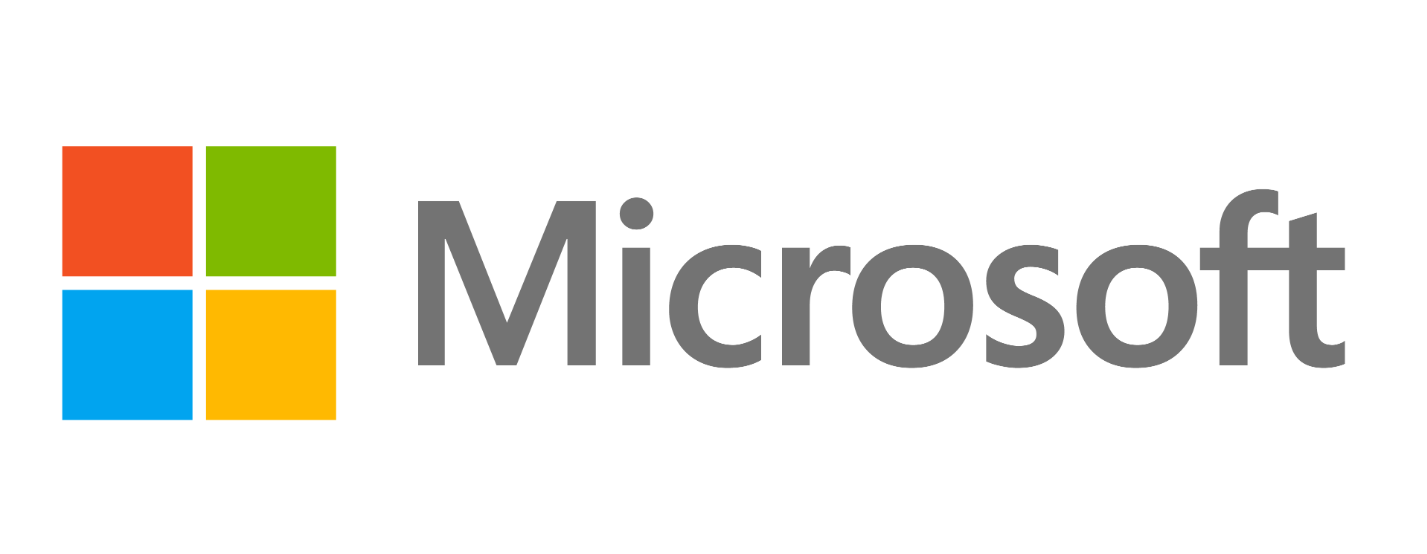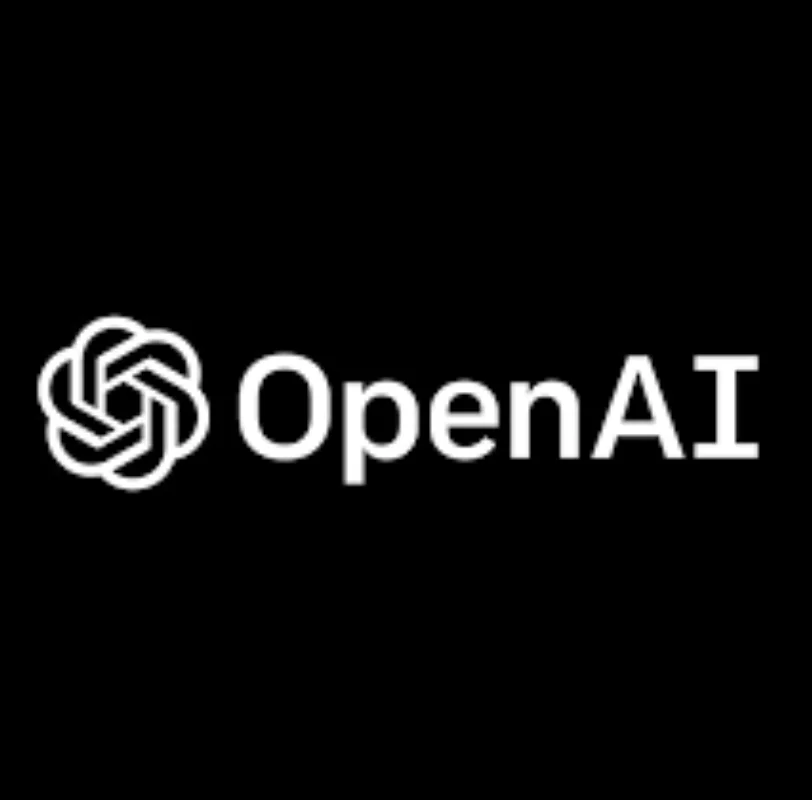In a recent conversation, Microsoft’s Chief Technology Officer, Kevin Scott, discussed how the power of AI lies in its potential to solve complex global challenges. Reflecting on his upbringing in rural Virginia, Scott said that his vision for AI is deeply rooted in the ethos of community and practical problem-solving he observed growing up. Scott explained that AI should not be viewed as an isolated advancement for a few, but rather as a tool that can empower people across the globe.
One of Scott’s key insights is that AI should fundamentally be about “transforming really hard zero-sum problems into non-zero-sum ones.” He suggested that AI, when applied responsibly, can break down scarcity and make resources available to more people.
“The true benefit and power of technology is helping us have more leverage, more abundance, more of everything for everyone,” he said.
Scott’s journey with Microsoft has been marked by a commitment to using AI to serve broader human interests, ensuring that AI remains inclusive and accessible. He underscored Microsoft’s mission of “empowering every individual and organization on the planet to achieve more,” adding: “we’re building AI to put into the hands of other people so they can create with it.” This, he explained, means developing a platform where people from diverse backgrounds can use AI to tackle unique challenges in their communities.
Scott’s perspective on AI as a tool for human empowerment is also shaped by his view that technology should not replace but rather augment human capabilities. He illustrated this through a personal anecdote, explaining how the emotional resonance of Chopin’s G Minor Ballade in classical piano — his favorite piece — demonstrates a depth of connection that machines may never fully replicate.
“I just can’t imagine how an AI produces that,” he reflected. “It’s about what that performer must be thinking and feeling that is producing this reaction in me.” This deeply human aspect, he believes, is fundamental to what makes AI development meaningful and what Microsoft aims to support.
Central to Scott’s role is ensuring AI is deployed in a manner that benefits society and respects human values. Addressing concerns about the pace of AI development, Scott underlined Microsoft’s commitment to safety and responsibility, noting: “part of doing responsible AI is confronting the possibility of risks and harms head-on.” He highlighted the importance of building a culture within Microsoft that values ethical AI, adding that “being very clear-eyed about where the red lines are” is essential to fostering trust and accountability.
For Scott, Microsoft’s partnership with OpenAI exemplifies this vision. His initial skepticism evolved into recognition of the partnership’s potential to shape AI responsibly and productively. This collaboration is not just about advancing AI but about making AI a resource for those outside traditional tech hubs.
“People have different problems, they think about the world differently… you want to equip everyone with really amazing tools so they can do their best work,” he stated.
In Scott’s view, the future of AI lies in its ability to make real-world impacts by remaining inclusive, practical, and deeply connected to the values of the communities it serves. As Microsoft continues to lead in AI innovation, Scott’s vision is clear: AI must remain grounded in serving humanity, with technology that enhances, rather than replaces, the human experience.





